#FactsMatter Primer: The What, Who, and Why of Middle Grade and Teen Nonfiction
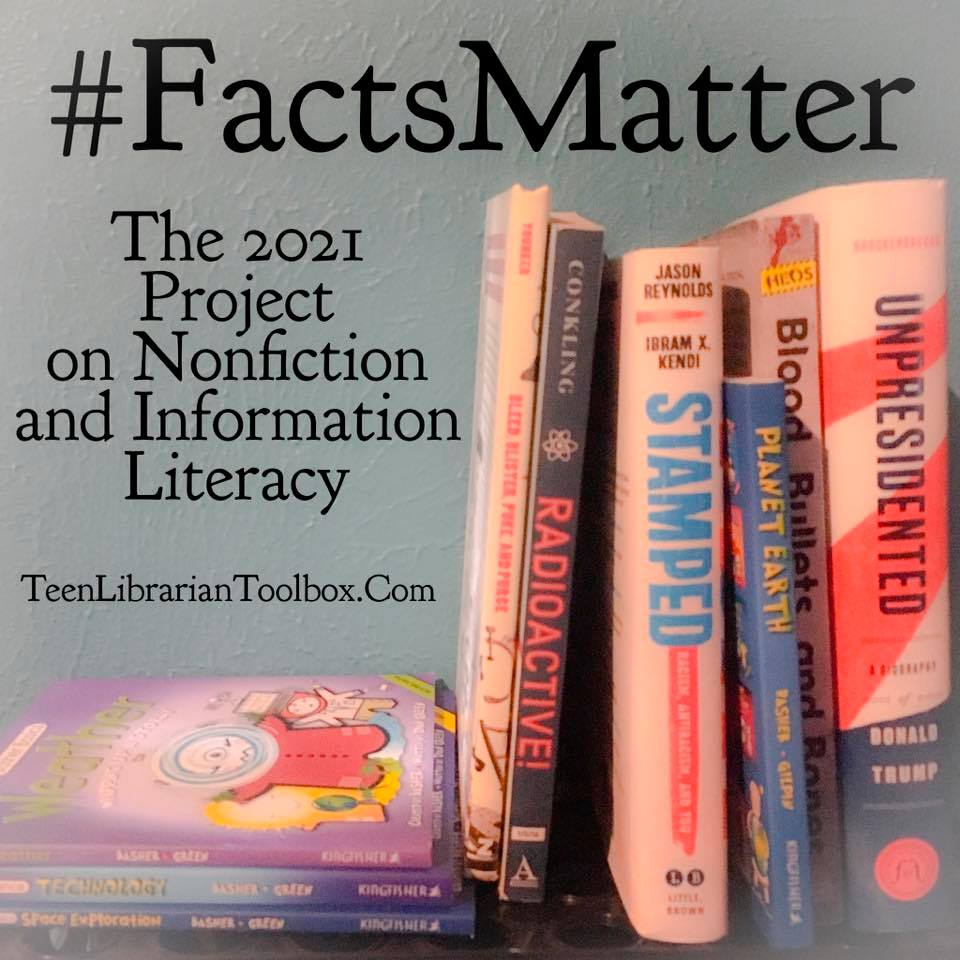
The overarching theme for 2021 here at TLT is #FactsMatter. Our goal is to take a deep dive into middle grade and teen/young adult nonfiction. We’ve already had a lot of great posts and will continue this deep dive throughout the year. Today I am taking you through a little bit of a walk through of what that journey has looked like for me personally as a public librarian. Here’s a little primer about the what, who and why of middle grade and teen nonfiction and why it matters.
Did You Know That Nonfiction Can Be Broken Down into Various Types of Nonfiction?
When I began my quest to learn more about nonfiction, I recently stumbled upon the realization that nonfiction is generally divided into 5 types of nonfiction. I was definitely aware of some of it; for example, I am very aware of narrative nonfiction. But the overall discussion was fascinating to me as I took a deep dive into the depths of nonfiction. A great resource when seeking to learn more about nonfiction can be found in educator Melissa Stewart. She has an overview of the 5 Types of Nonfiction here: https://www.melissa-stewart.com/img2018/pdfs/5_Kinds_of_Nonfiction/2_5KNF_an_Update.pdf. I recommend poking around her website to learn more about particularly middle grade nonfiction. It’s a great resource and just like with fiction reader’s advisory, knowing what kinds of nonfiction are out there and how they connect with readers can help you connect readers to the nonfiction in your collection.
ADVERTISEMENT
ADVERTISEMENT
Who Gets to Write Nonfiction?
This year as we are focusing more on talking about and elevating nonfiction as part of our #FactsMatter project, I was interested in this article in Horn Book about the challenges the BIPOC writers face. More Than a Footnote by Carole Boston Weatherford talks specifically about the challenges that nonfiction authors of color face when trying to break into the nonfiction book market for kids. In addition to just being an all around good discussion, I also learned a bit about some more titles and authors to seek out. You can read that article here: https://www.hbook.com/?detailStory=more-than-a-footnote-challenges-for-bipoc-nonfiction-authors. As we talk about nonfiction, I think it is also important for us to explore who is writing the nonfiction that we share.
Promoting diverse authors is always important in matters of representation but also, there is something to be said about authority and authenticity when it comes to nonfiction as well as fiction. I know that for me, as a woman, I appreciate reading nonfiction about women’s history more when it comes from an author who understands the emotional connection and has more first hand experience about what it means to be a woman in this world than when a man writes about the same topic. That first hand knowledge and experience can make all of the difference in how facts and data are applied to real life experiences. Facts matter, research matters, but so does having the ability to put those facts into a real world context.
How Do We Fight Misinformation?
The last few years have really highlighted the importance of quality nonfiction. Misinformation and outright conspiracy theories have played a huge and important role in everything from local politics to the recent insurrection at the nation’s capitol. Now that same misinformation is being used across the country in support of vast legislation that has the potential to dramatically change the landscape of our voting rights. The Atlantic has an article on what libraries can – and can’t – do to fight the QAnon conspiracy phenomenon. You can check that out here: https://www.theatlantic.com/education/archive/2021/02/how-librarians-can-fight-qanon/618047/.
Here are some more articles on libraries trying to fight disinformation:
I think the idea of how, exactly, librarians can help fight misinformation in the 21st century is of particular interest, and importance, and is part of the reason why we set out here at TLT to embark on this project. And though I don’t think that information literacy alone will save us, I think it’s always a good goal. Next time, I will highlight some organizations that have the specific goal of addressing information literacy and misinformation.
Filed under: #FactsMatter, Nonfiction, Teen Nonfiction
About Karen Jensen, MLS
Karen Jensen has been a Teen Services Librarian for almost 30 years. She created TLT in 2011 and is the co-editor of The Whole Library Handbook: Teen Services with Heather Booth (ALA Editions, 2014).
ADVERTISEMENT
ADVERTISEMENT
SLJ Blog Network
One Star Review, Guess Who? (#211)
Cover Reveal and Q&A: Dusti Bowling’s Latest – The Beat I Drum (Apr 2025)
Girlmode | Review
The Seven Bills That Will Safeguard the Future of School Librarianship
Gayle Forman Visits The Yarn!
ADVERTISEMENT



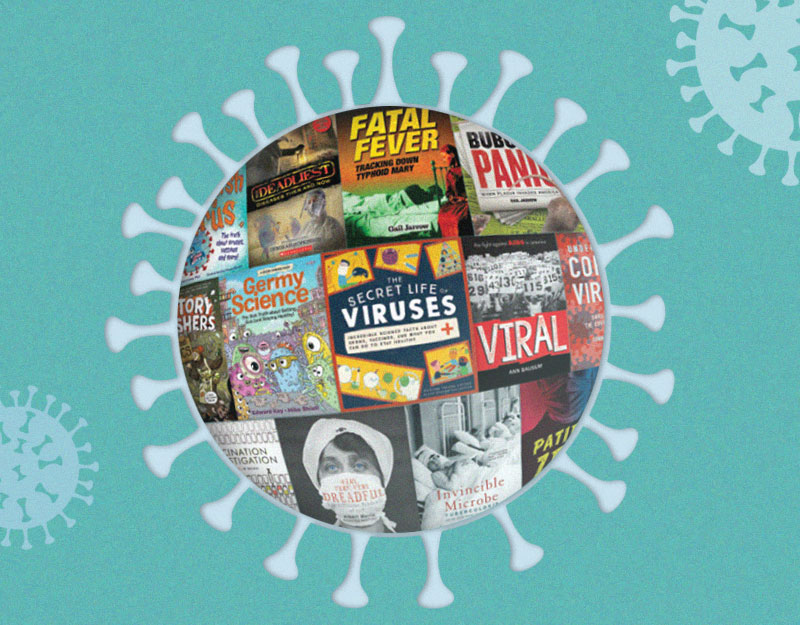
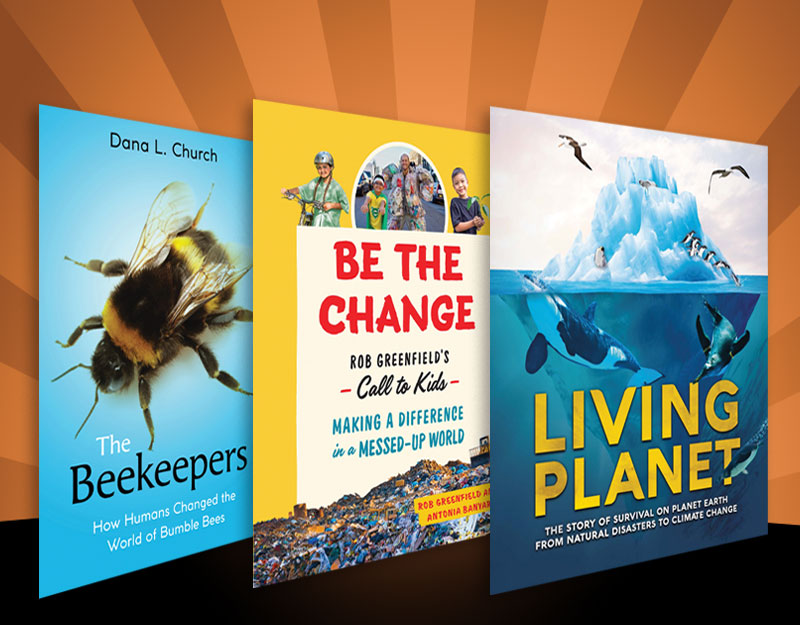
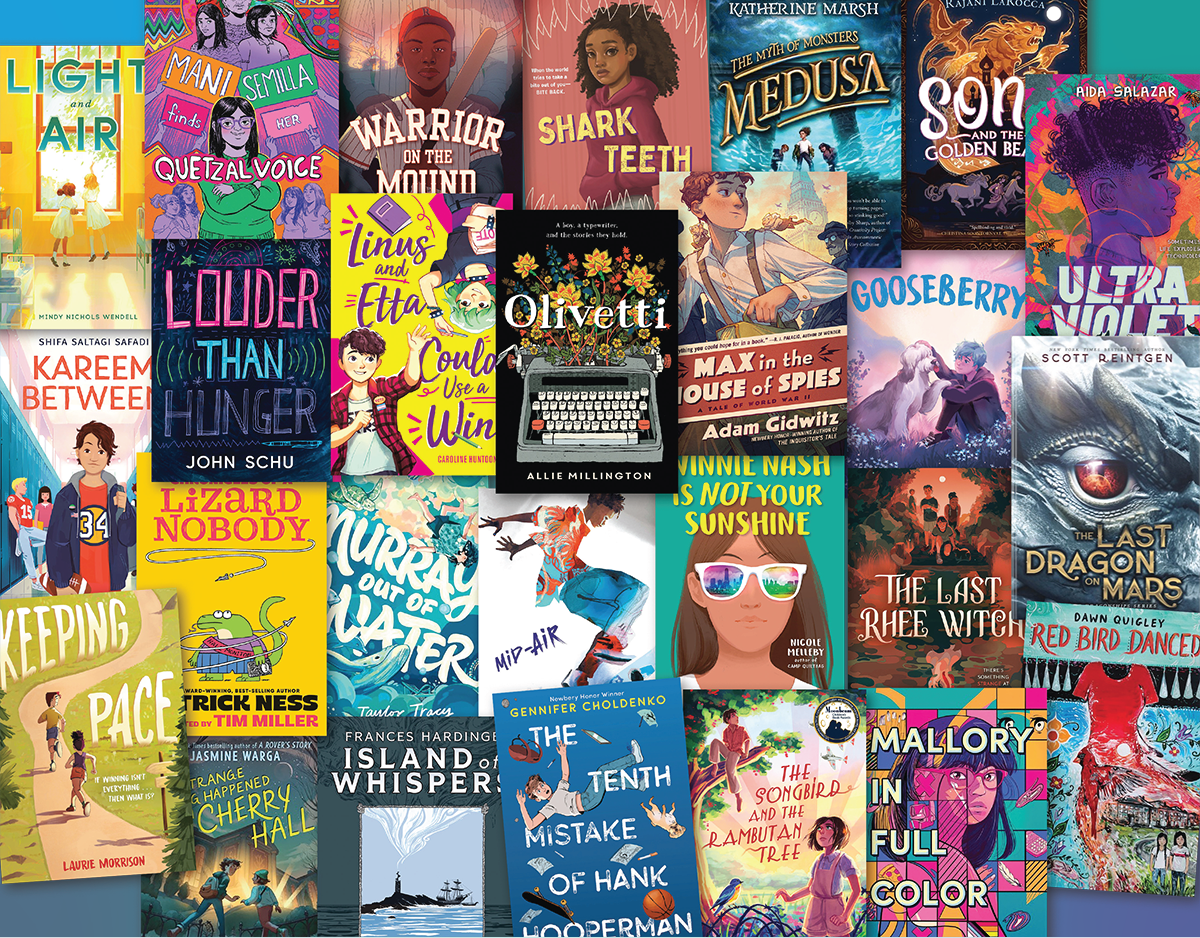
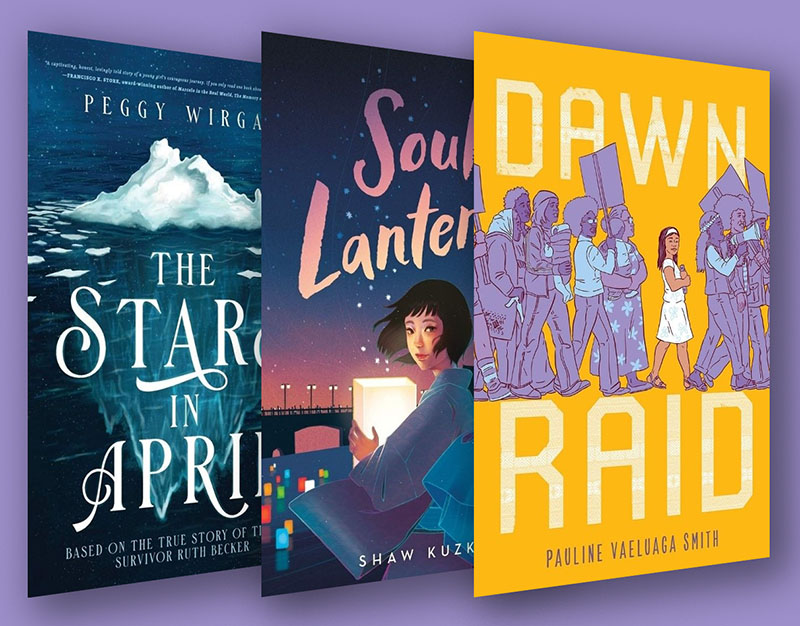
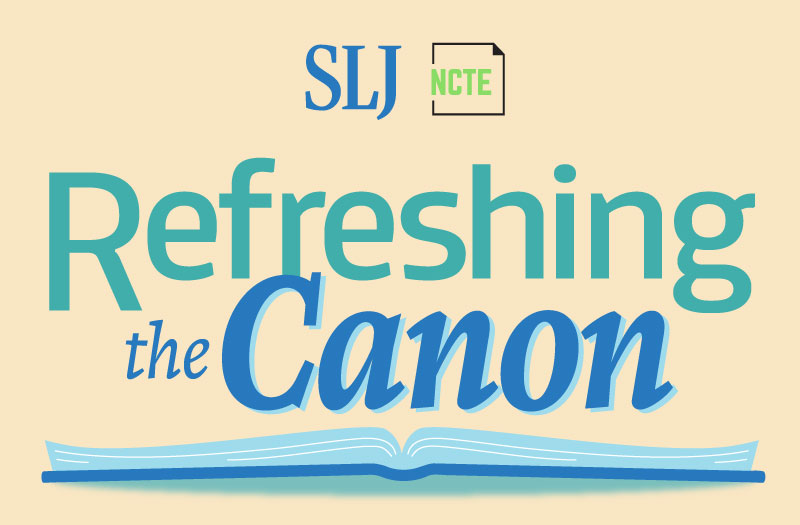
Great article, Karen. The voices of nonfiction should be varied, knowledgeable, and authentic. I agree, it is important to continue the discussion of who is writing nonfiction — and let’s add that it is also important to discuss who is editing it. Thank you!